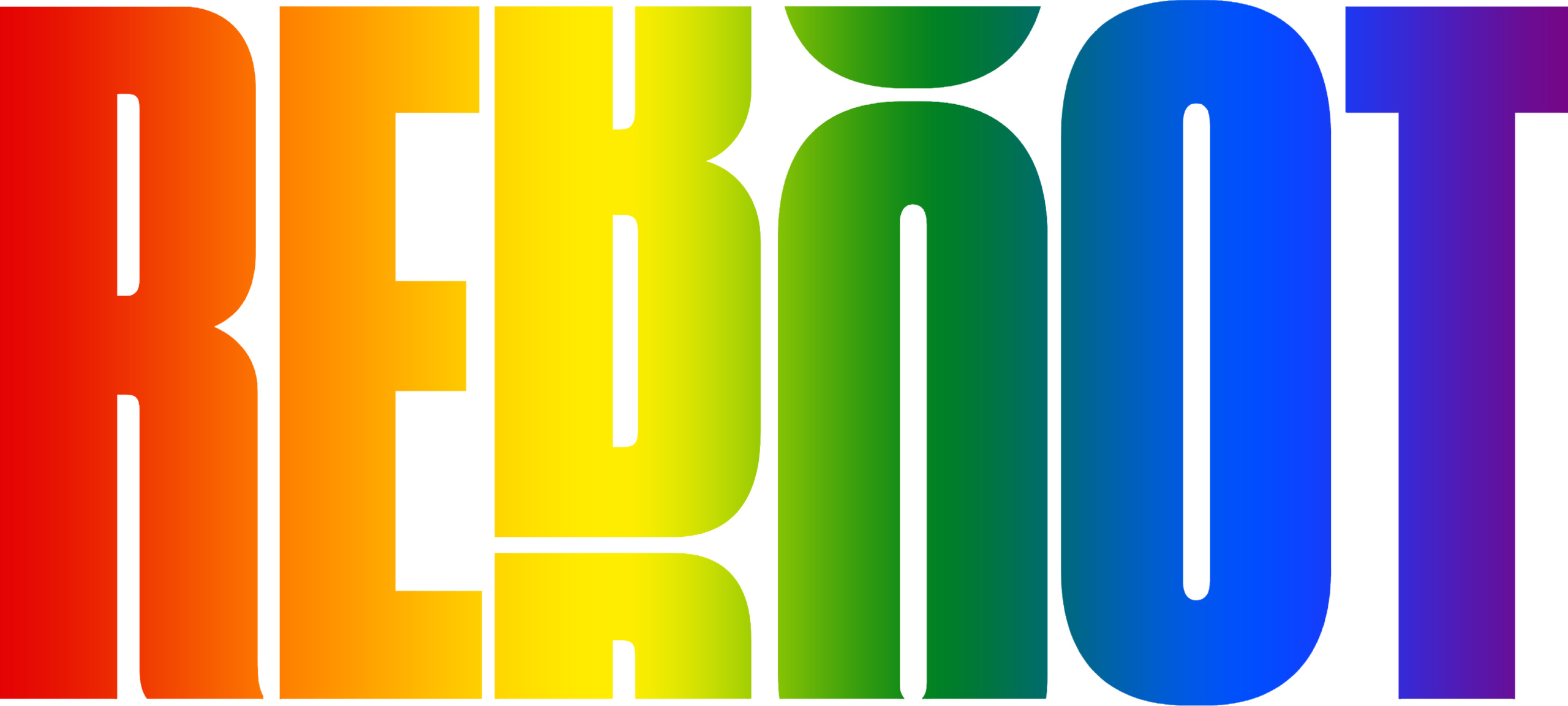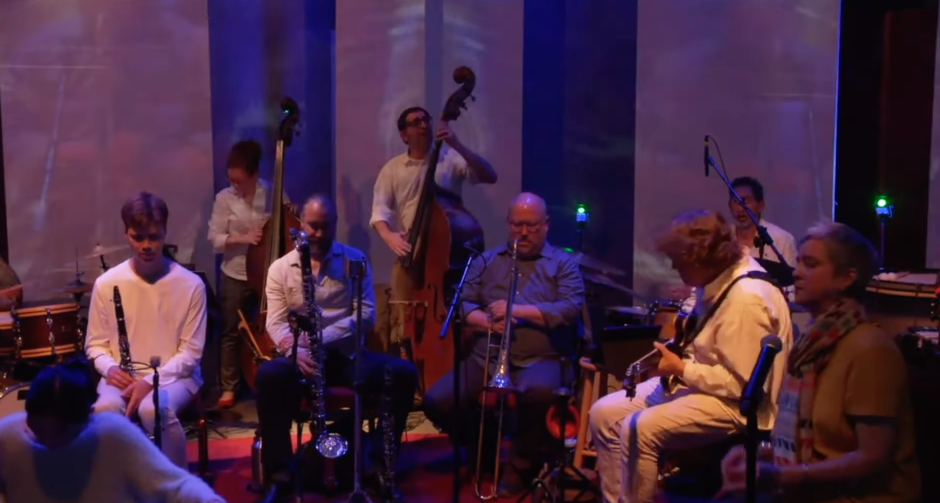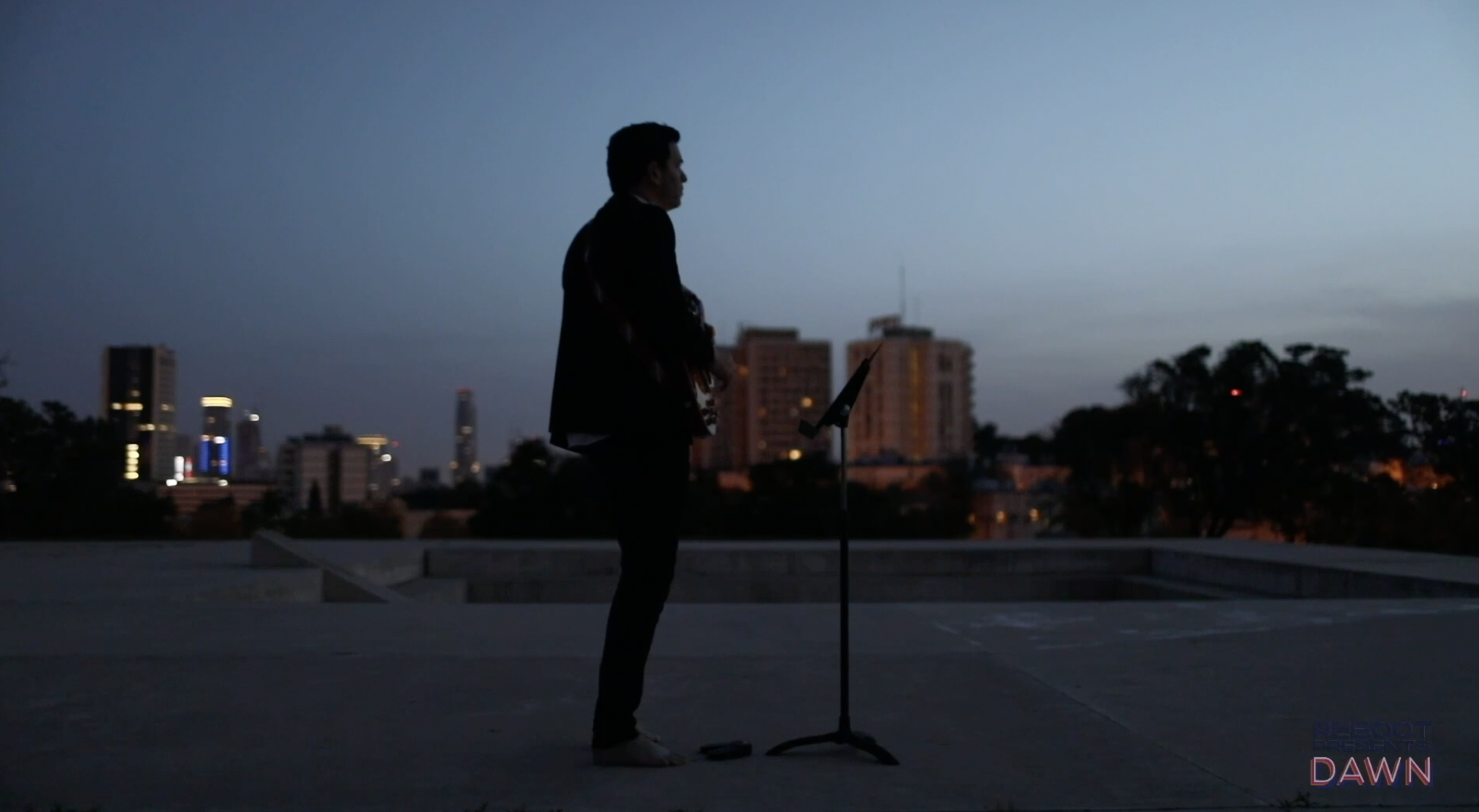Shavuot Resource Guide

Shavuot is a time for discussion, retelling, and exploration. Reboot has compiled resources to help you reimagine your Shavuot. Like everything Reboot does, this collection of content can easily complement or supplement your traditional ritual experiences to personalize how you embrace this holiday season. Scroll down and download!
DAWN • Unscrolled • Six Word Memoirs on Jewish Life • The Ten Commandments Rescored • Reboot Ideas • ‘Round Midnight Reconsidered • Recipes • More!
Reboot has long considered Shavuot to be the Jewish calendar’s best-kept secret. Many secular Jews don’t mark it and it isn’t known broadly like Hanukkah or Passover. But it is one of the Jewish calendar’s most important holidays, marking when the Jewish people received the Torah at Mount Sinai.
For many, the gift of the Torah is a familiar narrative: following the Exodus from Egypt, Moses brought the people to Mount Sinai, where he spoke to God and was given the 10 Commandments followed by the text of the Torah. Many of the traditional Shavuot customs can be traced back to this story. For example, we stay up all night and study the Torah in symbolic anticipation of receiving it at dawn. Our Shavuot guide gives you the tools to learn however you want.
Fill out the form below to get the resource guide:




